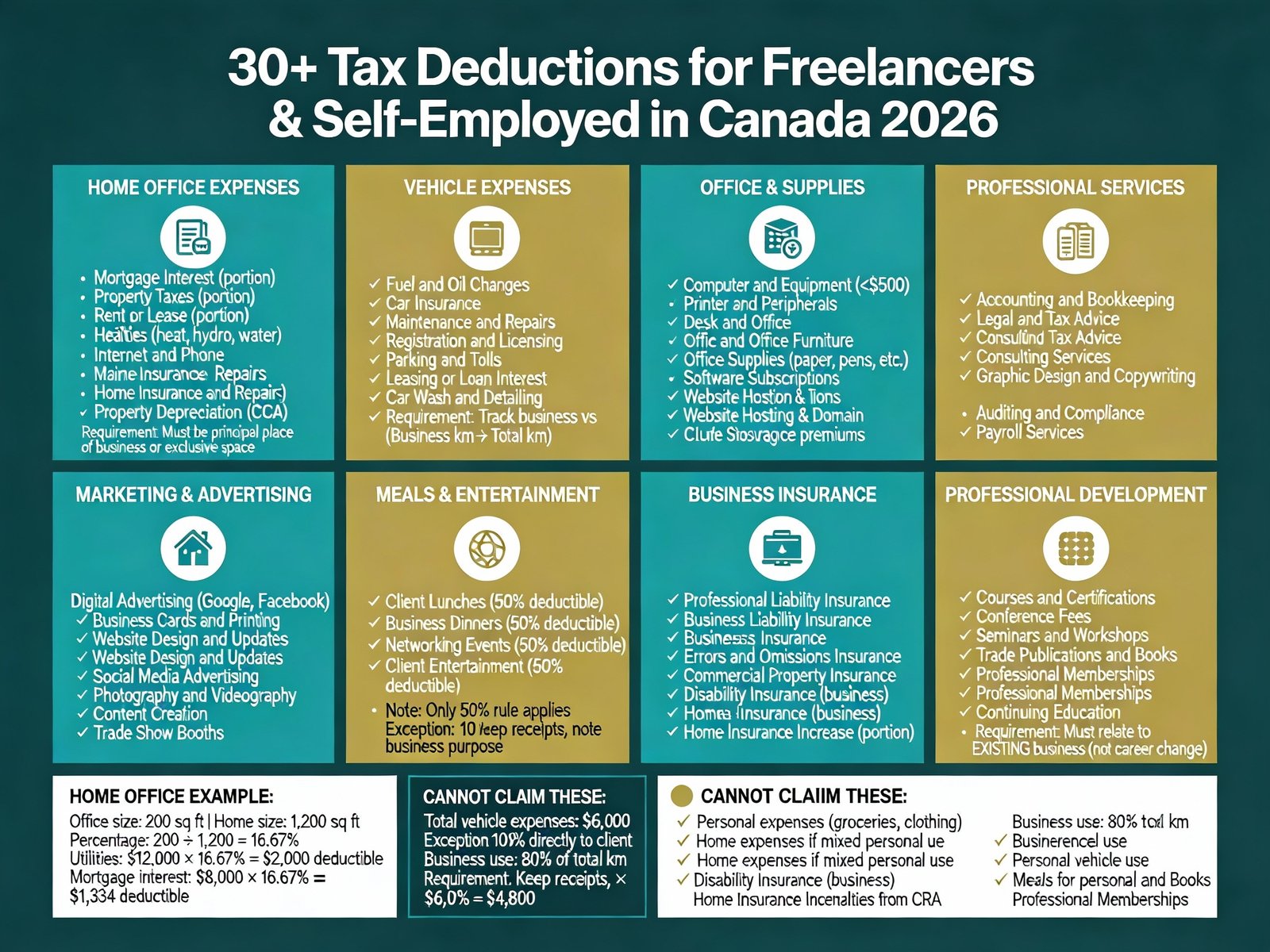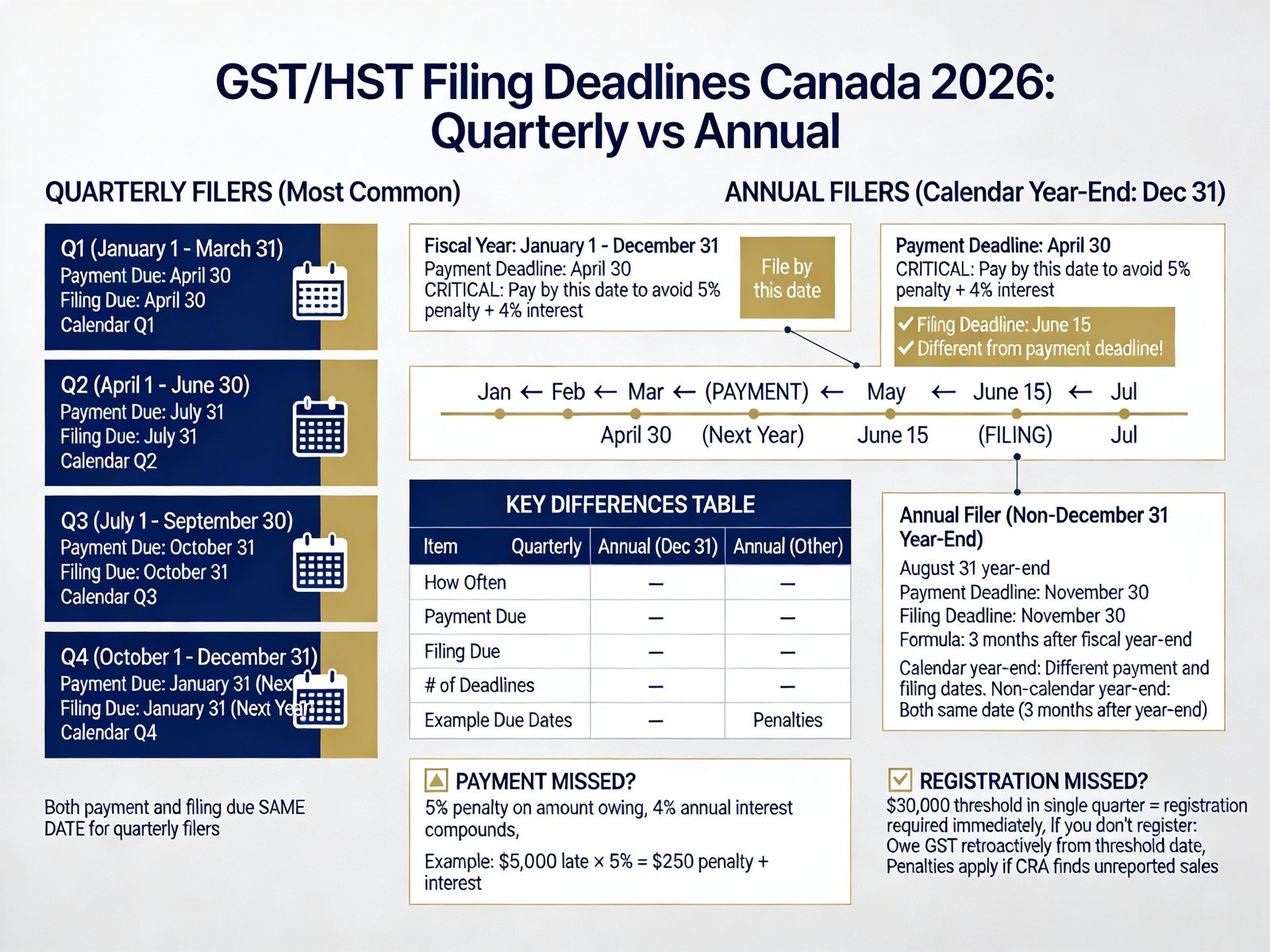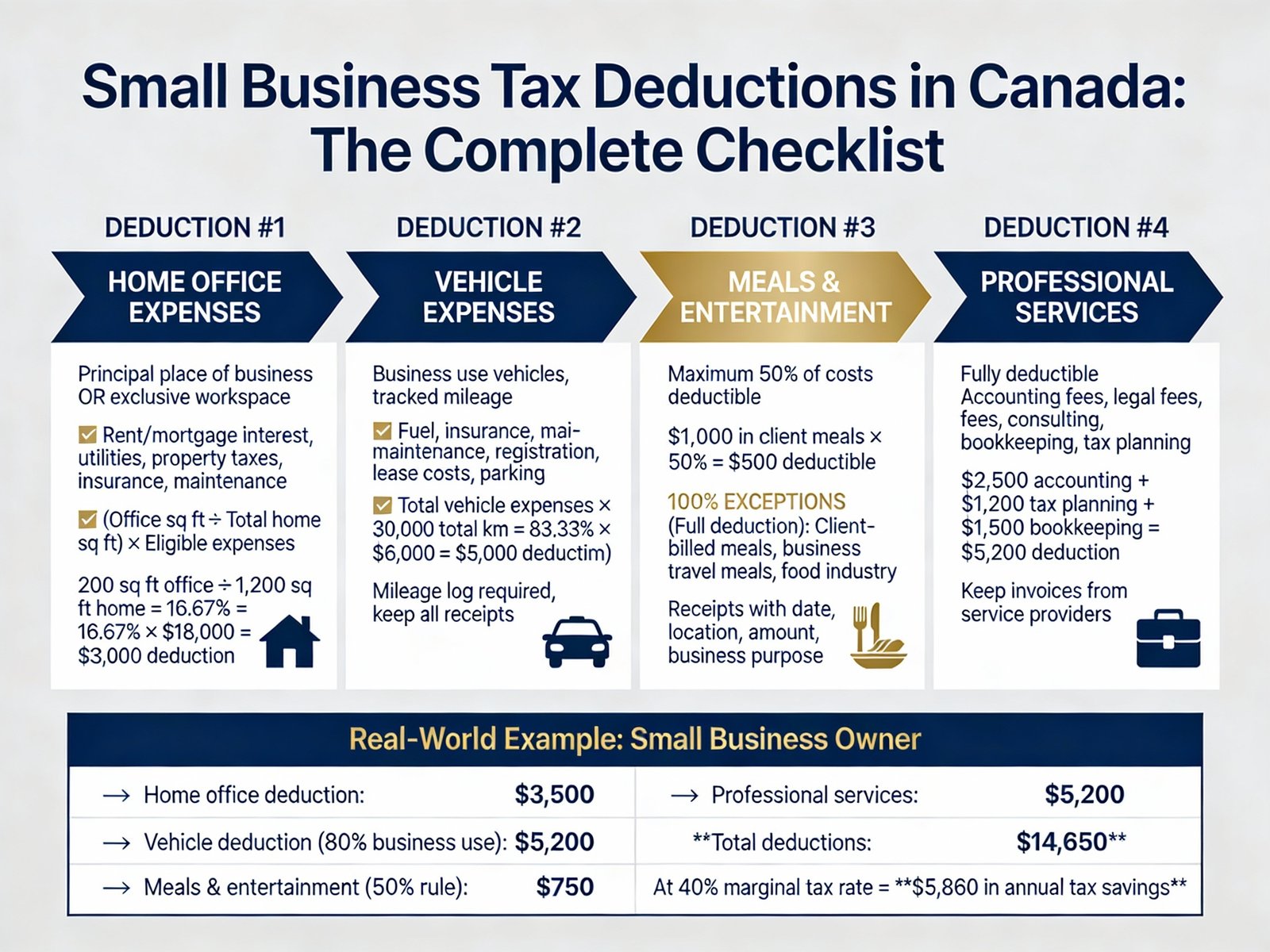In Canada, the process of transferring a family farm from one generation to the next is highly regulated, complex, and filled with opportunity—especially after recent legal changes. Understanding the intergenerational transfer rules (especially under Bill C-208) and the Lifetime Capital Gains Exemption (LCGE) can make a significant difference in preserving farm wealth and family harmony. BOMCAS Canada is here as your trusted agricultural tax advisor, specializing in farm succession planning, minimizing tax, and ensuring a smooth legacy transfer.
Why Farm Succession Planning Matters
Farm transitions aren’t just a financial event—they’re deeply personal and can affect family relationships for decades. Proper tax planning ensures:
- Family harmony and clear communication
- Financial security for outgoing and incoming generations
- Legal compliance and minimized tax burden
- Preservation of the farm’s value and operational continuity
The Legal Landscape: Bill C-208 and Its Impact
Bill C-208, which came into effect in 2021, fundamentally changed how Canadian farm families can transfer their operations to children or grandchildren:
- Previously: Selling family farm shares to a child’s corporation was taxed less favorably (as a dividend).
- Now: Eligible intergenerational farm transfers are taxed as capital gains, not dividends, making the Lifetime Capital Gains Exemption (LCGE) accessible.
This means significant tax savings and a more level playing field for family successions compared to sales to outsiders. However, the transfer must meet rigorous CRA requirements to qualify.
Eligibility: What Farms and Families Qualify?
To benefit from the new rules, make sure:
- The farm is a qualified farm property (QFP) for LCGE purposes (active farm operation; not just leased land or “investment property”).
- The shares or property are transferred to a child, grandchild, or stepchild.
- The buyer corporation is controlled by the child(ren) or grandchild(ren).
- Both parties meet active business and control thresholds, with several holding period and reporting requirements.
Lifetime Capital Gains Exemption (LCGE) for Farmers
The LCGE allows individuals to shelter up to $1,000,000 (indexed for inflation; check latest figures) in capital gains from taxable income when selling qualified farm property, potentially saving over $230,000 in taxes per person if planned correctly. Spouses, children, and in some cases trusts, may also claim the exemption.
Key Points:
- Applies to family farms that are “qualified farm property”
- Can multiply by involving multiple family members (with proper planning)
- Careful documentation is essential to substantiate the exemption
Selling the Farm to a Child: Tax Implications
When selling your farm to your child, there are several tax considerations:
| Factor | Implication |
|---|---|
| Capital Gain | Sale is considered at fair market value; eligible for LCGE if property qualifies |
| Deemed Proceeds | May trigger capital gains even if sold below market value unless proper planning is in place |
| Attribution Rules | To access LCGE, the transaction must comply with Bill C-208 and not be primarily for dividend stripping |
| Tax Installments | Spreading sale proceeds over time may trigger “capital gains reserve” rules, allowing for tax deferral |
| GST/HST | May be applicable on the sale of land, buildings, and equipment—planning needed to minimize exposure |
| Cash Flow | Balancing parents’ retirement needs with children’s ability to finance the transfer |
Mistakes or lack of compliance can cost the family tens of thousands in unnecessary taxes and jeopardize the transfer.
Key Steps for a Smooth Farm Succession
- Obtain a Full Valuation: Establish fair market value of land, quota, equipment, and other farm assets.
- Determine Eligibility: Confirm that the farm qualifies as QFP for LCGE and intergenerational transfer.
- Review Ownership Structure: Restructure if needed (operating company, family trust, direct ownership).
- Plan the Share/Asset Transfer: Decide whether the farm will be transferred as shares or as assets—each has distinct tax treatments.
- Leverage the LCGE: Ensure all eligible family members can utilize their exemption.
- Meet Bill C-208 Requirements: Structure the transfer to comply fully, including active business rules and proper documentation.
- Prepare Legal Agreements: Protect both retiring owners and successors with proper contracts.
- File Timely Elections and Reports: Meet all CRA reporting obligations to lock in the tax benefits.
- Manage the Human Side: Facilitate open family communication to avoid disputes.
Frequently Asked Questions
What is the best way to pass a farm to the next generation?
The best approach depends on family, farm structure, goals, and tax situation. Most families benefit from early planning, maximizing use of the LCGE, and ensuring compliance with Bill C-208.
What does Bill C-208 change about farm succession?
Bill C-208 allows eligible intergenerational farm transfers (to children or grandchildren via a corporation) to be taxed as capital gains instead of dividends, unlocking the LCGE for families where it may not have been possible before.
How do I qualify for the Lifetime Capital Gains Exemption on a farm?
The farm must be “qualified farm property”—actively used in a farming business by you or a close family member—and you must dispose of it to a non-arm’s length family member.
What happens if I sell the farm below fair market value?
CRA may “bump up” the proceeds to fair market value for tax purposes, possibly creating unexpected tax bills. Professional advice is crucial to avoid this.
What are the common mistakes in farm succession planning?
- Failing to plan early enough
- Underestimating the complexity of tax rules
- Not meeting “active business” or “control” thresholds
- Poor documentation
- Not preparing for family disagreements
Why Work With BOMCAS Canada?
BOMCAS Canada brings decades of experience in farm succession planning. The firm has in-depth expertise in:
- Maximizing the Lifetime Capital Gains Exemption for Alberta farmers
- Ensuring intergenerational transfers meet all CRA regulations
- Customizing strategies for each family’s unique needs
- Managing associated GST/HST and legal complexities
- Acting as a trusted facilitator for family conversations and dispute resolution
Farm succession is too important and complex to DIY. The right advisor can save your family hundreds of thousands of dollars—and ensure your legacy thrives.
Conclusion: Secure Your Farm’s Future
Whether your farm is a small family operation or a major agricultural business, professional succession and tax planning ensure it remains in the family and financially strong. BOMCAS Canada stands ready to help Alberta farm families navigate Bill C-208, maximize the LCGE, and pass the torch successfully.










 View Our Location
View Our Location





 181 Meadowview Bay, Sherwood Park, AB T8H 1P7, Canada (Online Clients Only)
181 Meadowview Bay, Sherwood Park, AB T8H 1P7, Canada (Online Clients Only)